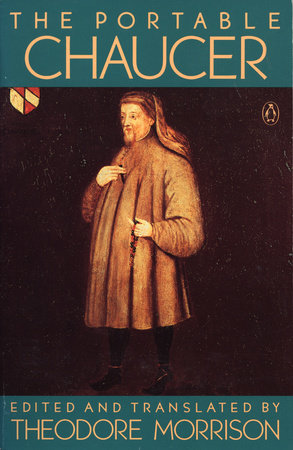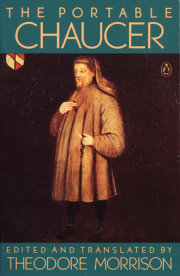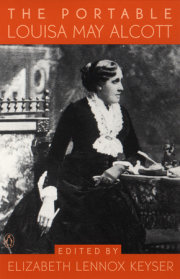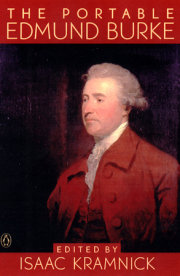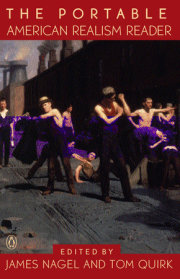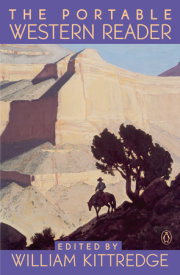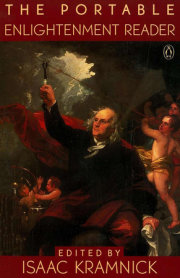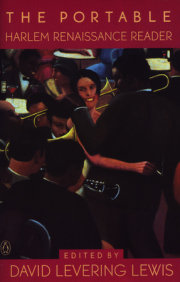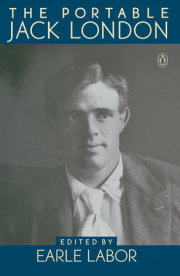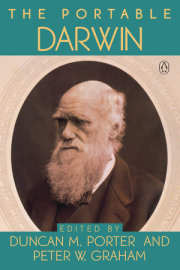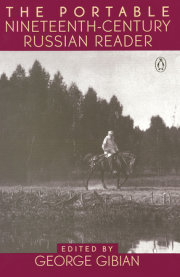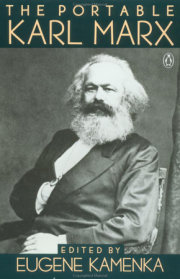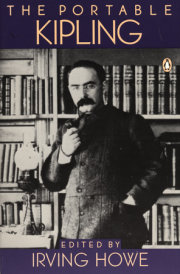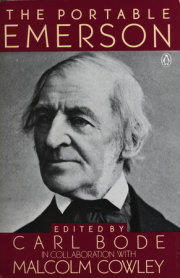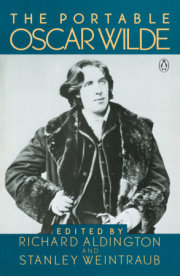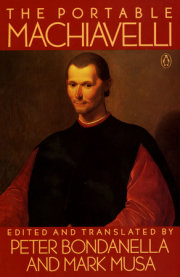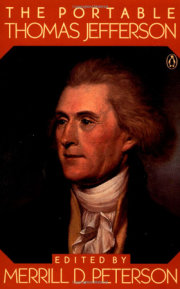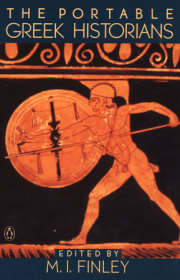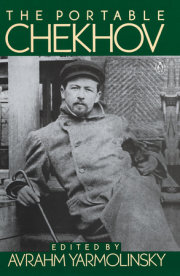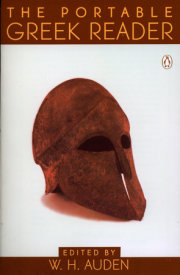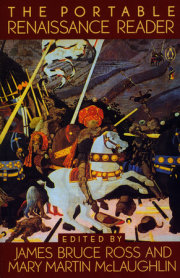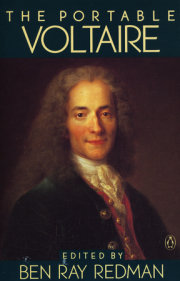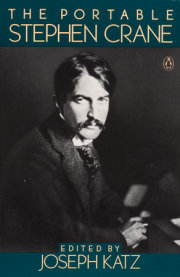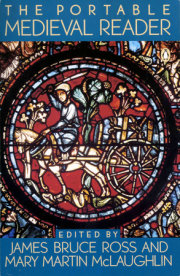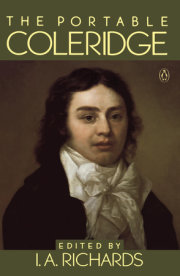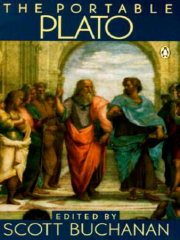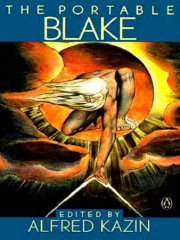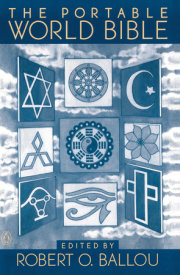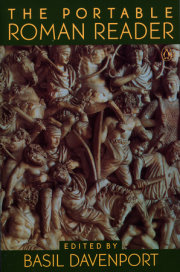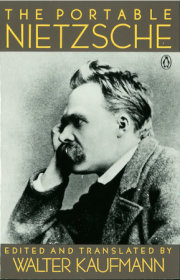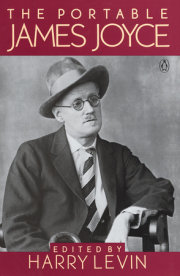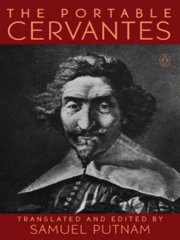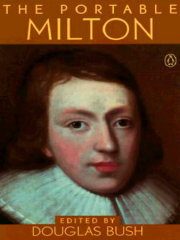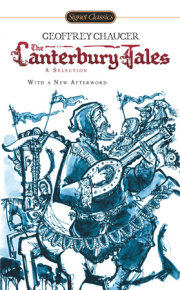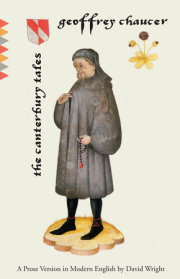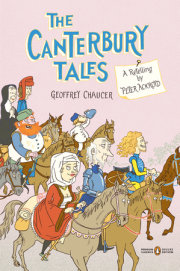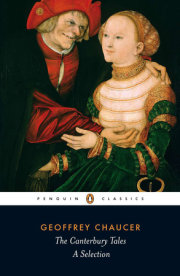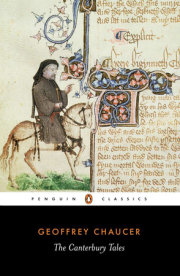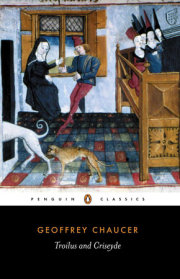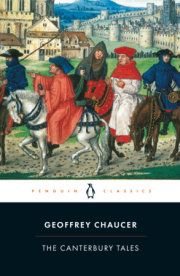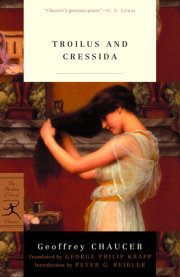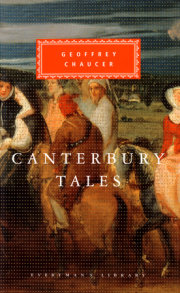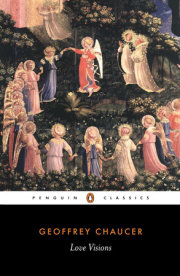Introduction
Suggested Readings and Other AidsTHE CANTERBURY TALES
Prologue
The Knight's Tale
Prologue to the Miller's Tale
The Miller's Tale
Prologue to the Reeve's Tale
The Reeve's Tale
Prologue to the Cook's Tale
The Words of the Host to the Company
Prologue to the Lawyer's Tale
Epilogue to the Lawyer's Tale
The Words of the Host to the Shipman and Prioress
Prologue to the Prioress's Tale
The Prioress's Tale
Prologue to "Sir Topaz"
Sir Topaz
The Host's Interruption of "Sir Topaz"
Epilogue to the Tale of Melibeus
The Knight's Interruption of the Monk's Tale
The Nun's Priest's Tale
Epilogue to the Nun's Priest's Tale
Prologue to the Wife of Bath's Tale
The Wife of Bath's Tale
Prologue to the Friar's Tale
The Friar's Tale
Prologue to the Summoner's Tale
The Summoner's Tale
Prologue to and Conclusion of the Student's Tale
Chaucer's Envoy
Prologue to the Merchant's Tale
The Merchant's Tale
Epilogue to the Merchant's Tale
Epilogue to the Squire's Tale
Prologue to the Franklin's Tale
The Franklin's Tale
The Words of the Host to the Physician and Pardoner
Prologue to the Pardoner's Tale
The Pardoner's Tale
Prologue to the Manciple's Tale
Prologue to the Parson's Tale
Chaucer's Retractation
TROILUS AND CRESSIDA
Translator's Note
Text
SELECTIONS AND SHORT POEMS
from The Book of the Duchess
from The House of Fame, Book II
from The Bird's Parliament
from the Prologue to the Legend of Good Women
Nobility
Truth
Lack of Steadfastness
Chaucer's Envoy to Bukton
Chaucer's Words to Adam, His Own Copyist
Chaucer's Complaint to His Purse
Chaucer's Envoy to Scogan

